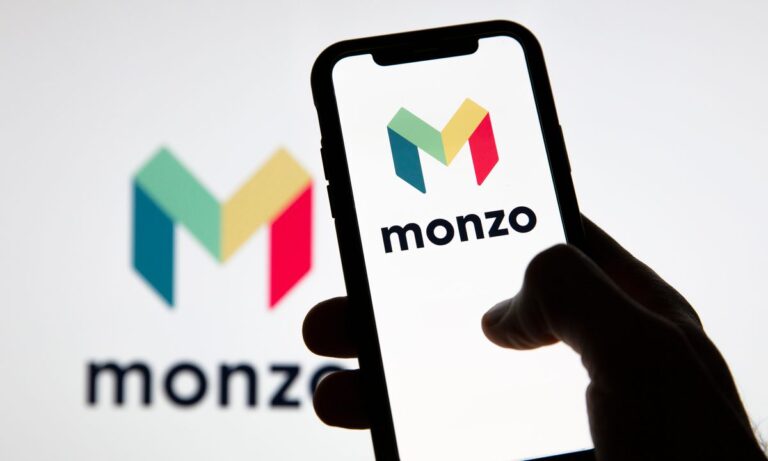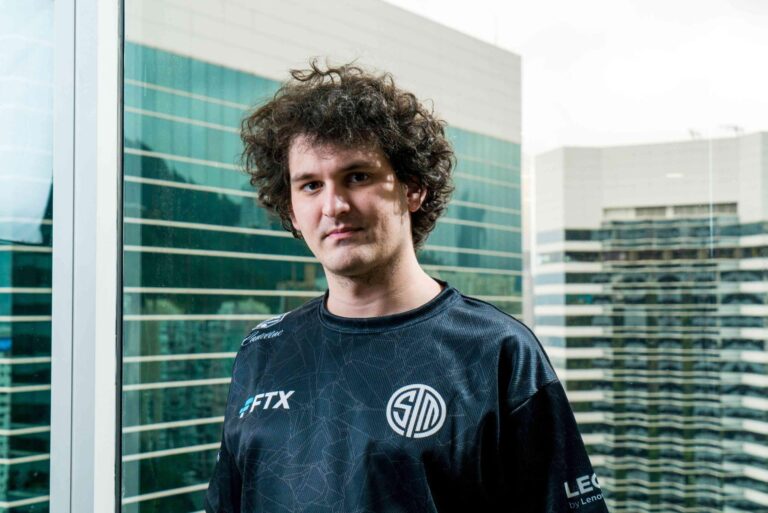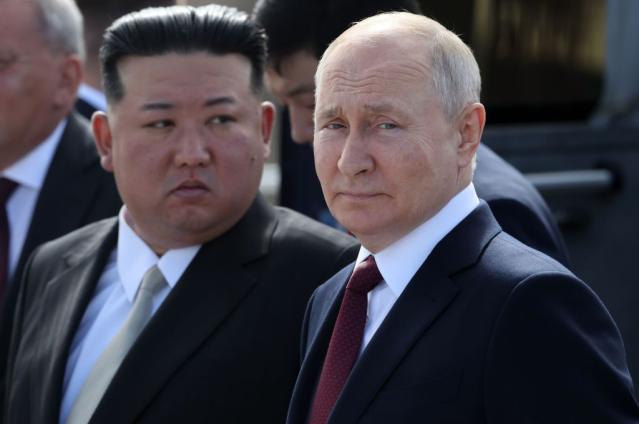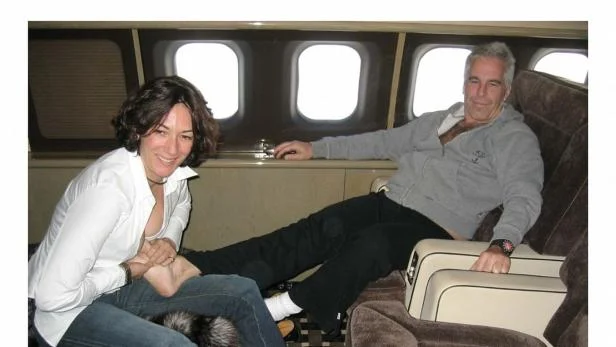British challenger bank Monzo is gearing up to raise approximately £350 million in a funding round that could potentially value the company between £3.5 to £4 billion as it charts a course towards profitability.
According to sources familiar with the matter, the challenger bank is expected to finalize the deal by the end of this month, as reported by the Financial Times.
Speculations surfaced in November suggesting that Capital G, an Alphabet-backed fund, was in discussions to acquire a stake in Monzo as part of a funding round that could raise up to £500 million.
The news of this potential deal arrives as Monzo celebrates a significant milestone, boasting over nine million personal account customers. This milestone solidifies its position as the 7th largest retail bank in the UK by customer numbers.
Despite facing challenges in the post-pandemic landscape, Monzo has made a remarkable recovery, rolling out a series of new services focusing on pension and investment offerings and gearing up for an expansion into the insurance sector. After years of grappling with losses, the bank anticipates reaching profitability this year.
Monzo‘s previous fundraising endeavor took place in late 2021, during which it secured $500 million at a valuation of $4.5 billion. This valuation marked a significant leap from its previous valuation of £1.1 billion earlier in the same year, showcasing the bank’s exponential growth trajectory.
As Monzo sets its sights on a new funding round, it underscores the continued investor confidence in the challenger bank and its potential to disrupt the traditional banking landscape. With its strategic initiatives and expanding customer base, Monzo appears poised for further growth and innovation in the financial sector.














